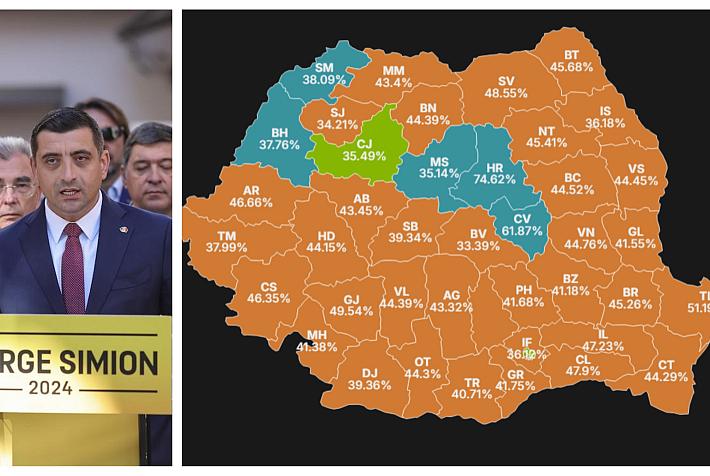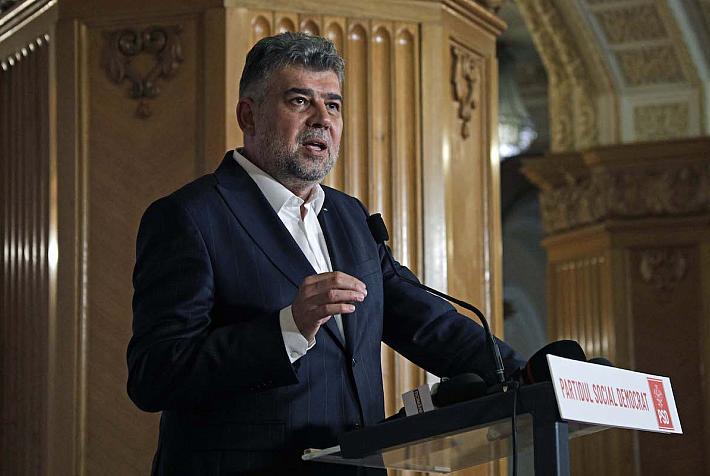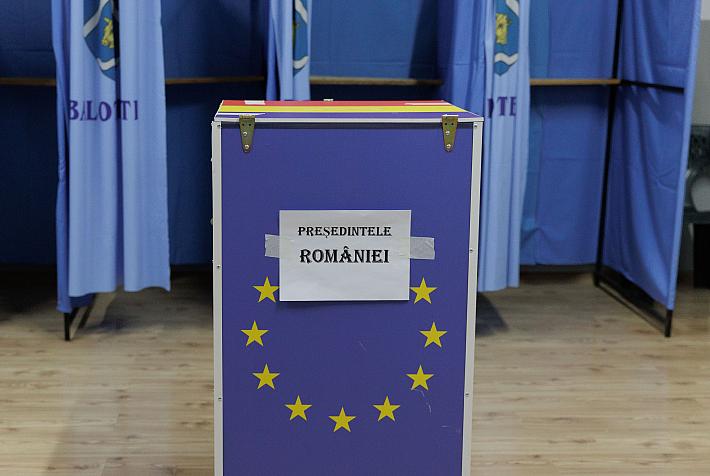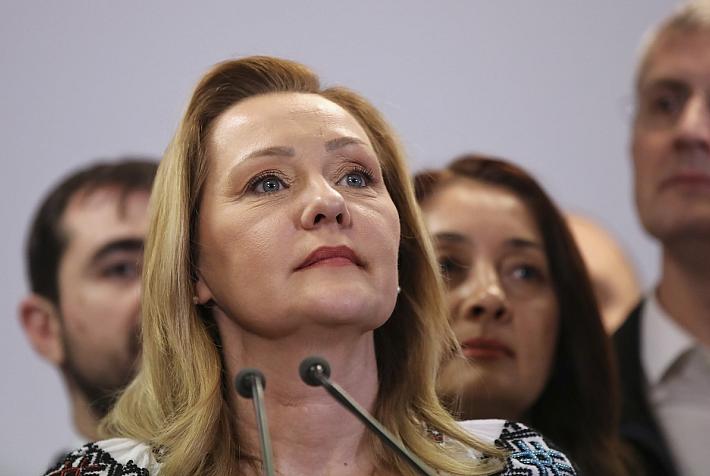Low liquidity, the only obstacle for Bucharest Stock Exchange to become emerging market

The Romanian capital market meets all the criteria necessary to be promoted to emerging market status, except for liquidity, according to a recent assessment by FTSE Russell, the Bucharest Stock Exchange (BVB) announced on Tuesday, March 29.
FTSE Russell’s March 2016 assessment emphasized that the Bucharest Stock Exchange has also met the criterion related to transaction costs, which requires implicit and explicit costs to be reasonable and competitive.
“Thus, Bucharest Stock Exchange meets eight out of nine criteria required to be classified as emerging market (FTSE-Secondary Emerging),” reads a BVB statement.
The local capital market thus only needs more liquidity, which translates into a larger number of big companies in terms of market capitalization and number of shares available for trading, with higher transaction values.
“This accomplishment has been rendered possible thanks to the existence of a program for the modernization of the Romanian capital market. This program has been launched in late 2013 and generated several results, produced by the Bucharest Stock Exchange, Central Depository, Financial Supervisory Authority and other institutions, including governmental bodies, and the Romanian Parliament,” said Ludwik Sobolewski, Bucharest Stock Exchange CEO.
However, in order to meet the liquidity criterion, the Bucharest Stock Exchange needs to convince more big state-owned and private companies to list their shares on the capital market. BVB had no big listing in 2015 after the initial public offerings (IPOs) carried out by gas producer Romgaz, in 2013, and electricity distributor Electrica, in 2014. Moreover, no big private company has been listed on the local capital market for over 7 years.
“What is still needed, is a state-led program for the privatization of the economy through the capital market. This is also instrumental for achieving goals relating to the quality of corporate governance of state-owned companies and to the enhancement of their productivity - indeed hot topics in Romania today,” Sobolewski said.
“Some time ago Romania saw insulated privatization-like transactions, but never a well-thought and concrete program in that matter, setting goals and deadlines, with resources dedicated to the execution of the program. It would be advisable that such a program contains an educational part, aimed at explaining why a robust and well-developed capital market, supported by the state, is beneficial for the well-being of Romanian citizens," he added.
Every six months, the FTSE Classification Committee meets for re-assessment of capital markets. If a market meets all the criteria, it enters on a short list to be promoted to a higher category. Besides FTSE Russell, three other widely recognized international institutions - MCSI (USA), S&P Dow Jones (USA) and STOXX (Switzerland) - are currently rating the Romanian capital market. The criteria to be met and analysis process are relatively similar and relate mainly to the value of transactions and size of listed companies, as well as the fast access to the capital market for investors and how they can buy and sell shares.
Romania's inclusion on the watch list of any of these institutions to be considered for emerging market status is a strategic objective of the Bucharest Stock Exchange as it would bring more international visibility and, possibly, more foreign investments to the local market.
However, the Bucharest Stock Exchange has been struggling due to the low liquidity. In the first three months of this year, the average daily trading volume on the local market has been under EUR 6 million, down from EUR 7.9 million, in 2015 (full year), and EUR 11.7 million, in 2014.
Bucharest Stock Exchange sees 35% drop in revenues on lower trading activity
Andrei Chirileasa, andrei@romania-insider.com











